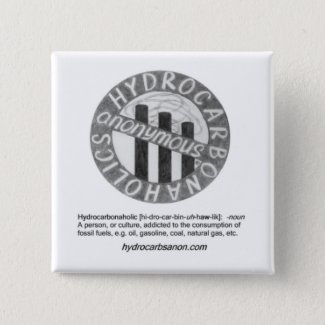Here’s a short unbalanced history of Chrysler: Founded in 1925 (out of the detritus of Maxwell-Chalmers). Buys a stake in Mitsubishi in the 1970s and responds to the threat of Japanese imports by selling re-badged Japanese imports. Is purchased by the German automotive titan Daimler-Benz in 1998; burped back up in 2007. Effectively taken over by Italy’s Fiat in 2009.
So. . . remind me again, because I’m easily confused these days: Who won World War II?
I don’t ask this out of xenophobic pique. It’s just. . . interesting.
The typical explanation for the post-War industrial success of Germany and Japan is that the war destroyed aging and outdated industrial infrastructure and required companies to start over from scratch. Devastation wrought desperation as well; producing high quality, efficient products was taken to be a matter of personal survival as much as national pride.
The US, meanwhile, brimming with national pride and Victor’s Hubris (cousin of the guy who wrote Le Miz), was spared domestic war damage, chased efficiency experts like W. Edwards Deming out of the country (to Japan, BTW, where he was paid rapt attention) and continued to make cars in Model T barns into the 1970s.
There is ongoing jousting about what killed Chrysler and GM and, to a somewhat lesser degree, lamed Ford: piggy executives, regulatory meddling, the Great Recession, insurmountable “legacy” costs, fat cat unions. My vote goes to “stubborn inefficiency,” on a variety of fronts, with “naïve indifference” a close second. European and Japanese auto makers have had a variety of goads to efficiency for decades: from the basic space constraints in “Little Europe” and “Island Japan” to war-ravaged infrastructure to consistently high fuel taxes over a period of many years now.
The Adam Smith purists (who seem to have done a pretty spotty and shoddy job of reading the works of their deity) fulminate about the corrosive effects of industrial policy; that’s silly: Germany, Japan, and South Korea have, for the most part, pursued effective industrial policies; for the past few decades, we have pursued short-sighted, crony-crippled industrial policies.
And the howls of protest from the likes of GM have evolved (one might better say “pirouetted”) more to the tune of momentary convenience than to long term coherence: for most of the 20th Century GM was at the vanguard of fighting off the Stalinist Specter of National Healthcare (The Canadians are coming! The Canadians are coming!); more recently, they’ve stripped their gears shifting into reverse, and started lamenting the competitive disadvantage of being saddled with a workforce with business-supported healthcare and pensions.
It’s a blow to the pride of any (Honda-driving) American, to watch one of our flagship industries finally realize the seriousness of its wounds and fall over. Sadly, I do think that “what’s good for GM is good for America.” And that’s downsizing.
But “good” doesn’t necessarily mean easy. . .
Show people what you believe! Hydrocarbsanon Gear:
5% of proceeds from any purchase at our stores at Skreened, Cafepress, Zazzle, or Spreadshirt goes to e-BlueHorizonssm which uses the money to retire greenhouse gas credits.
Subscribe to:
Post Comments (Atom)








2 comments:
How will a government owned and operated company select health insurance for its employees? Will it go private, self-funded or public?
Dunno (not happy that Obama took single payer off the table as a starting point). I guess some version of self-funded (with big deductibles and perhaps flex accounts) is the equivalent of making us responsible for our own ("how could they possibly lose money?") 401K plans. Oh wait! Mine is a 201K now! How could that have happened?
Post a Comment